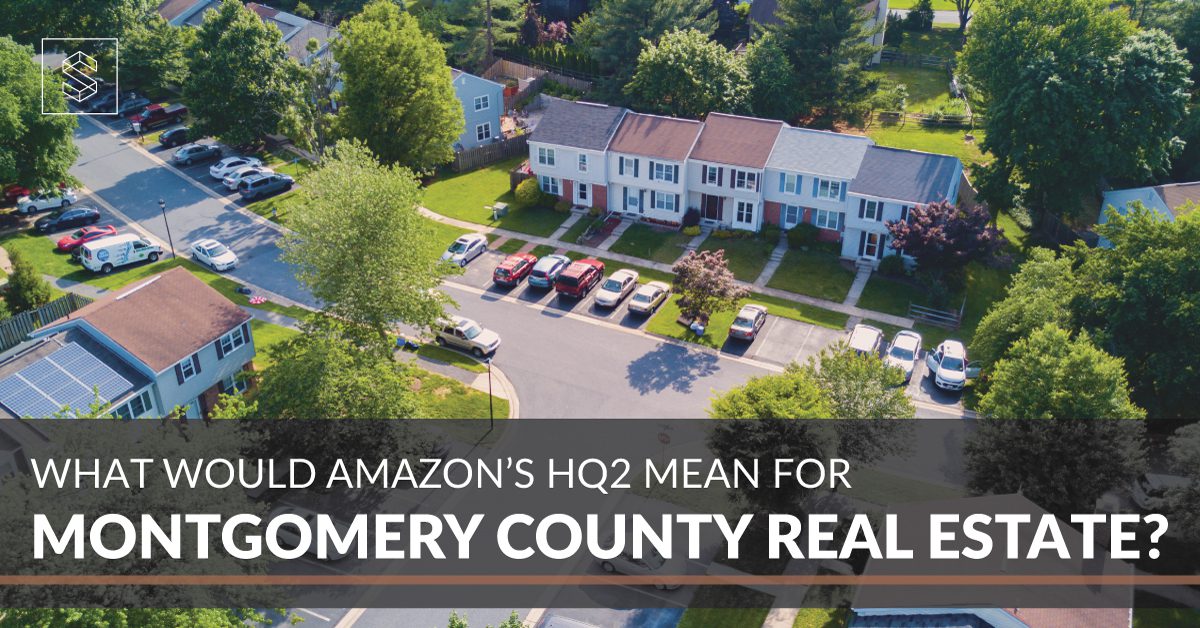
Here at The Stokes Group, we often meet with homeowners who are ready to move and are giving consideration to both converting their current residence into an investment property, or selling it.
As two very different options with two very different outcomes, it is crucial to weigh the pros and cons of each. There are a number of important factors that come into play when making this decision, including:
Your Next Home
The single most important factor to consider is how this decision impacts your next home purchase. If you are looking to buy a new home, then you must consider whether you can carry both properties. Can you still qualify for a mortgage if you keep the home as an investment? Or will you need the proceeds from the sale as a down payment? Your lender will start by calculating your debt-to-income (DTI) ratio. 100% of the carrying costs on your potential rental will be counted towards the debt side of that ratio, while generally speaking only 75% of the rental income will be counted. This will depend on if you are obtaining an agency or jumbo loan on your next purchase.
Are You Ready to be a Landlord?
Being a landlord is not for the faint of heart. If you opt to ‘self-manage’, then you will be responsible for responding in a timely manner to emergency and non-emergency calls from your tenant, making prompt repairs, ensuring that jurisdictional inspections and requirements are met, etc. If you hire a professional property manager, then expect to pay 8-10% of the gross monthly rent in exchange for handing off the day-to-day hassles to a professional.
In either case, the hassle of a uncooperative (or non-paying) tenant can test the patience of even the most seasoned investor, so have a rainy day fund in the event of a non-paying tenant or an extended vacancy.
Are You Ready to be a Landlord in DC?
If your current property is in DC, then you will need to really buckle up and be prepared for the tenant-friendly laws in DC. The tenant laws in DC dictate that a license must be obtained prior to renting a home and a city inspector must visit the property and certify it as safe to rent.
Tenants in DC are considered ‘tenants for life’ and all leases must convert to a month-to-month lease after the initial lease term expires (which is typically 1 year), unless both parties mutually agree to another fixed lease term.
This means that you will be out of luck if you think you will “rent your house out for a year or two” and then sell. If your tenant has no desire to leave, then you can not force them to vacate for the purposes of putting the home on the market, even if their initial lease term is ending.
Finally–and most importantly–a DC tenant will be granted rights under the Tenant Opportunity To Purchase Act (TOPA) as a current tenant and for a year following their vacancy. This means they have first right of refusal when/if you do decide to sell, which can stall or derail a sale depending on how the tenant exercises their rights.
What Will Your Cash Flow be if You Convert to a Rental?
When considering the investment property route, it is important to calculate your estimated monthly ‘cash flow’. You start by adding up your total monthly expenses for the property, which should include the principle and interest on the mortgage, taxes, insurance, condo/co-op/HOA fees, management fees, and possibly utilities. Then, you subtract that number from your estimated gross monthly rent to determine your estimated monthly cash flow.
If this number is positive, then you will be depositing the excess each month. If this number is negative, then you will need to budget to close that gap each month.
Can You ‘Breakeven’ on a Sale?
We often see sellers more inclined to convert a home to an investment property if they can’t ‘breakeven on the sale’.
Most homeowners eventually want to be able to sell their home for at least what they paid for it plus their costs associated with the sale. When this isn’t possible, the idea of converting the property into a rental until home values rise becomes tempting.
One key factor to consider here is how quickly you think it will take for values to rise to the level you need them to vs your estimated cash flow. If your cash flow is negative $500/month, then property values will have to rise at least $6,000/annually in order for you to just cover the cash flow loss without getting you any closer to that breakeven point. This calculation should also factor in loan principal pay down, if any.
What Rules Do You Need to Follow for an Investment Property?
If your home is located in a condo, cooperative, or HOA, then you’ll need to check your by-laws/rules and regulations carefully to see if you are eligible to rent your home out and/or if there are any fees or restrictions associated with a rental.
These are just a few of the considerations an owner should review when deciding to convert their residence into an investment property or sell it. Each person’s situation is unique and having a professional by your side as you consider all your options is critical.
If you are considering a move but aren’t sure whether to rent or list your current property, call us at 202.270.1081 or email us right here. We’ll put together a complete and confidential sale and rental analysis to help you make an informed decision about your property.

The Stokes Group is a team of dedicated professionals who have passion for the real estate business and will advocate for our clients with the utmost honesty, integrity, and confidentiality. We believe in building solid relationships with our clients and that starts by getting to know who we are. Follow us on Facebook and Instagram.

The Stokes Group is a team of dedicated professionals who have passion for the real estate business and will advocate for our clients with the utmost honesty, integrity, and confidentiality.




